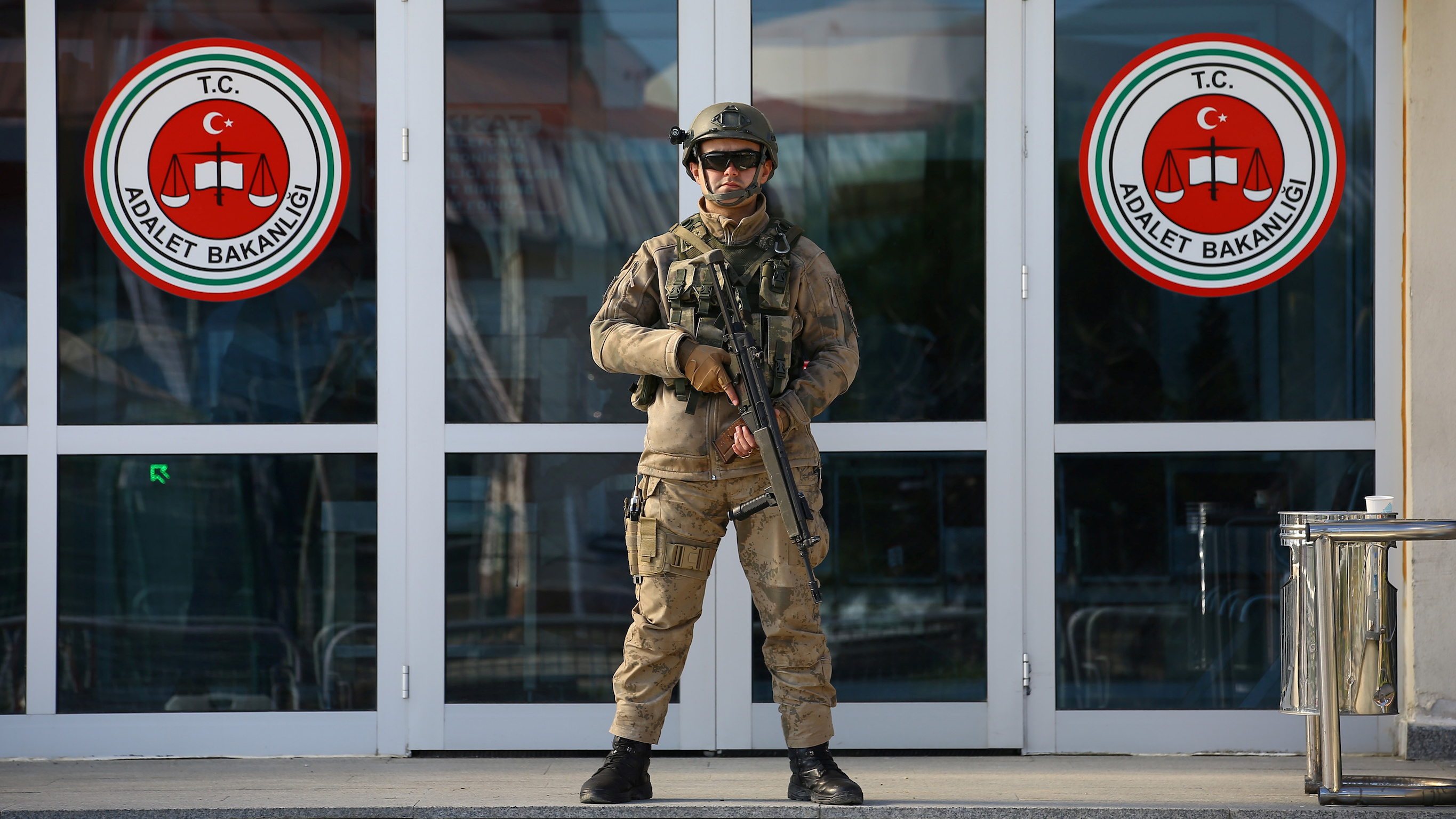A UAE-based startup addresses gaps in women’s medical care
DUBAI: Investment in the Middle Eastern health care sector is booming. Over $144 billion will be plowed into medical facilities across the Middle East and North Africa by the end of 2020, with Gulf Cooperation Council nations contributing more than half of the total expenditure, according to Al-Masah Capital.
But while much attention is being paid to the region’s general rise in non-communicable diseases, more focus must be given to female-specific health issues, says Sophie Smith, founder of UAE-based startup Nabta Health.
“Women’s health has been under-researched and underfunded since time memorial,” she said. “So much global testing is still done only on men, which means women still get adverse reactions to medicines, for example.”
Nabta, which she dubs a “hybrid health care” company, aims to address gaps in local women’s health care, and to make affordable and accessible health care available to the next generation of women.
According to Smith, a new model of health care is required, “one that improves clinical outcomes by removing some of the inherent inefficiencies in the health care ecosystem.”
Nabta says it uses a combination of digital solutions and cutting-edge research to slash time and expenses in treating regional female health care issues.
The social enterprise also supports women by providing hundreds of health-related articles on its online portal www.nabtahealth.com and social media support groups in Arabic and English.
Nabta’s business model is based around care pathway models. Its first pathway concerns fertility and enables the diagnoses of polycystic ovary syndrome (PCOS), a condition that Smith says is responsible for around 70 percent of local infertility.
The Nabta solution for PCOS incorporates a pay-as-you-go virtual consultation and a 48-hour couriered blood test.
“We can diagnose in three months rather than years, and for significantly less than it would cost in a clinic. Our solution affords women more privacy and autonomy,” Smith said.
——–
SOPHIE SMITH’S TIPS FOR INNOVATORS
* You do not need to reinvent the wheel.
* You have to be passionate about your business idea or you will run out of steam. Try to solve a personal problem or something that resonates with you personally.
* If you want to make a lot of money and help millions of people, you will need to find other people who are operating in the same space and believe in impactful business.
*Get a co-founder who has a complementary skill set. A co-founder with a tech background is a big plus.
* Make sure you get a good advisory board in place and ensure they make time for you.
——–
In the coming years, Nabta hopes to deliver care pathways for ailments such as endometriosis, gestational diabetes, cardiovascular diseases and reproductive cancers, as well as PCOS aftercare.
Concerned by what she views as a “provider-led and provider-centric” health system in the UAE, Smith stresses that Nabta is an independent company, focused on bettering women’s health care.
“The local health care system is very commercially driven. A lot of the laboratories and health care providers are given kickbacks. Patients often get given tests they don’t need because of commissions,” she said.
“We don’t take kickbacks. We’d happily see that aspect of the health care system eliminated forever.”
Nabta, which is headquartered in Sharjah Innovation Park, has partnered with the University of Sharjah to help expedite its research and development ambitions.
“Our plan this year is to sign some joint ventures so we can more effectively innovate on a pathway-by-pathway basis and really become more disruptive in women’s health care,” Smith said.
The social enterprise is also focused on closing its seeding round, before launching its Series A round in June.
Women’s health has been under-researched and underfunded since time memorial.
Sophie Smith
Smith, who initially set up Nabta with $110,000 of combined co-founder funding, says she wants to build a “trusted global leader in women’s health.”
She added: “We want to acquire companies that can help us add to our services. The more money we make, the more people we can help.”
Currently, Nabta employs 21 people across the region, including five developers based in Egypt.
“In this region, there’s a huge amount of growth potential for female-focused hybrid health care solutions,” Smith said.
“We eventually will export globally, but for now we’re very much focused on the Middle East,” she added.
“Nabta, which means blossoming plant in Arabic, is here to support women’s health care as they blossom throughout their lifetime.”
—————————–
This report is being published by Arab News as a partner of the Middle East Exchange, which was launched by the Mohammed bin Rashid Al Maktoum Global Initiatives to reflect the vision of the UAE prime minister and ruler of Dubai to explore the possibility of changing the status of the Arab region.

Startup of the Week: Cura – Telehealth platform for consultations





